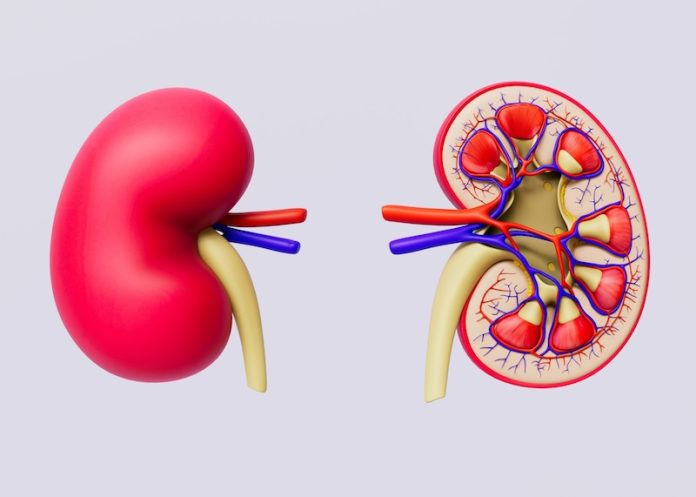
Proton pump inhibitors (PPIs) are medications that many people use to treat common issues like heartburn, acid reflux, and gastroesophageal reflux disease (GERD). Some well-known brands of PPIs include Prilosec, Nexium, and Prevacid.
These medications are so popular that about 10% of adults in the United States take them regularly. But recent research suggests that these drugs might not be as safe as once thought, particularly when it comes to kidney health.
A group of researchers from the University of California San Diego conducted a study to understand the possible risks that PPIs might pose to the kidneys.
They used data from the FDA Adverse Event Reporting System (FAERS), a large database containing over 10 million records of people who have experienced side effects from medications.
The researchers focused on a specific group of about 43,000 people who used only PPIs, without taking any other medications.
They compared this group to another smaller group of about 8,000 people who used a different type of heartburn medication called histamine-2 receptor blockers (H2 blockers), such as Zantac or Pepcid.
These people also didn’t take any other medications, making it easier to see the effects of the drugs on their health.
The results of the study were concerning. People who took only PPIs reported kidney-related problems at a rate of 5.6%. In contrast, those who used only H2 blockers had a much lower rate of kidney issues, just 0.7%.
This means that the people taking PPIs were much more likely to develop kidney problems than those taking H2 blockers.
When the researchers looked closer, they found that people using PPIs were 28.4 times more likely to report having chronic kidney disease compared to those using H2 blockers.
They were also 4.2 times more likely to experience acute kidney injury, 35.5 times more likely to develop end-stage renal disease, and 8 times more likely to suffer from unspecified kidney problems.
These are significant increases in risk, which suggests that PPIs might have serious side effects that people should be aware of.
The study also found that people taking PPIs were more likely to experience electrolyte imbalances. Electrolytes are essential minerals in the body that help with various functions, including maintaining proper fluid balance and supporting muscle function.
While different PPIs had varying levels of impact, the harmful effects on the kidneys were consistent across all five PPIs that were studied.
These findings are important because they highlight the potential dangers of PPIs, especially for people who may already be at risk of kidney disease.
While these medications are effective at relieving painful symptoms of acid reflux and GERD, the study suggests that they might come with serious long-term risks.
The World Health Organization recognizes that PPIs are valuable for many people who suffer from acid-related issues. However, the results of this study suggest that doctors and patients should be more cautious when using these drugs, particularly for extended periods.
Patients who need to take PPIs, especially those who might be at a higher risk of kidney problems, should be given proper warnings and monitored closely.
It’s also worth noting that this isn’t the first time PPIs have been linked to serious health concerns.
A study from 2017 conducted by the UC San Diego School of Medicine found evidence that PPIs might also contribute to chronic liver disease, both in mice and in humans. These findings suggest that the potential risks of PPIs may extend beyond kidney health.
As researchers continue to study the effects of PPIs, it may be important for people to consider alternative treatments for heartburn and acid reflux, especially if they have other health risks. This could involve using H2 blockers or making lifestyle changes to manage symptoms naturally.
In summary, while PPIs are widely used and effective medications for treating acid-related conditions, they may carry significant risks for kidney health.
It’s crucial for healthcare providers to inform and monitor patients who use these drugs, ensuring that they are aware of the potential dangers and are using them in the safest way possible.
If you care about kidney health, please read studies about drug that prevents kidney failure in diabetes, and drinking coffee could help reduce risk of kidney injury.
For more information about kidney health, please see recent studies about foods that may prevent recurrence of kidney stones, and common painkillers may harm heart, kidneys and more.
Copyright © 2024 Knowridge Science Report. All rights reserved.



